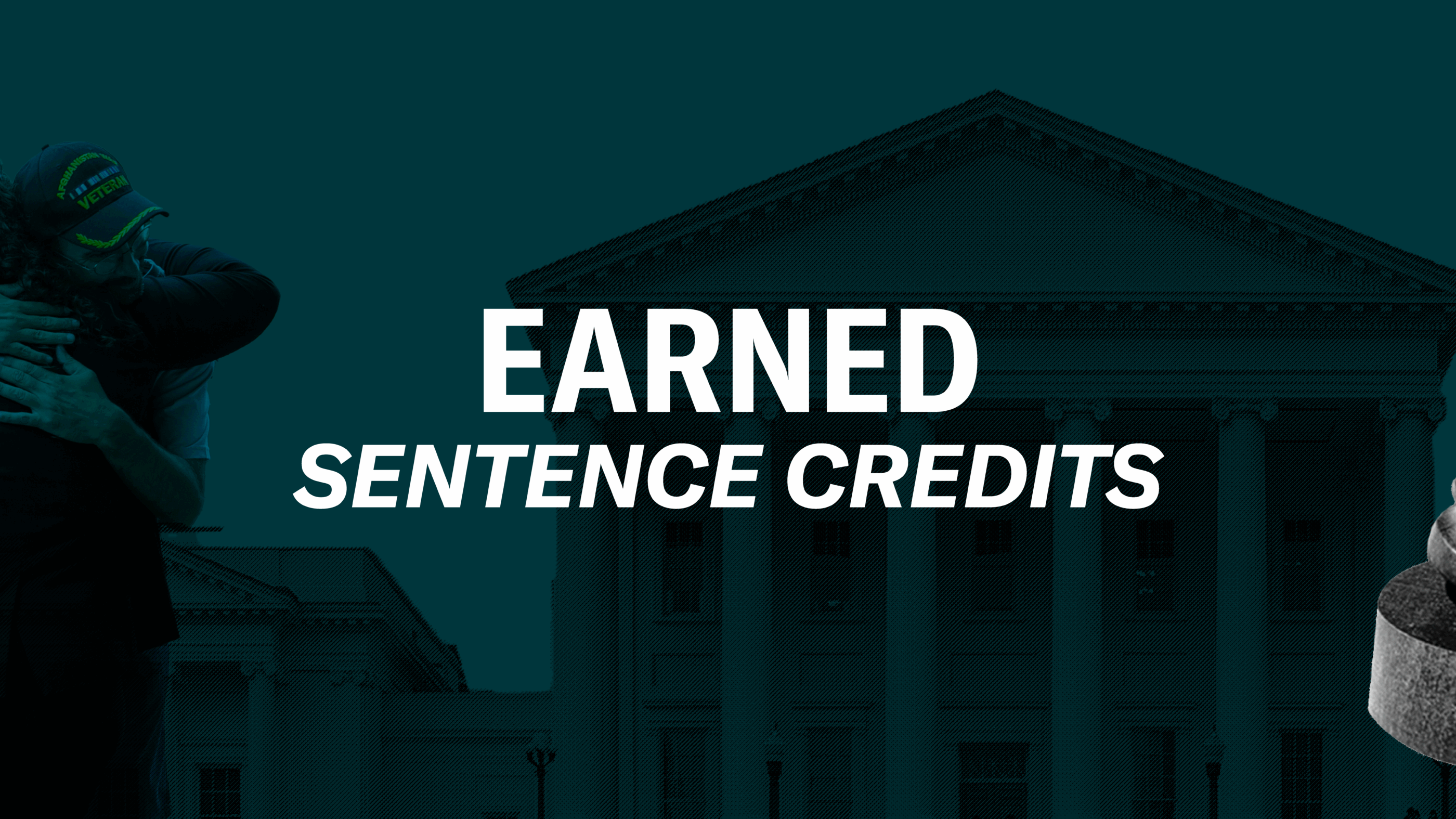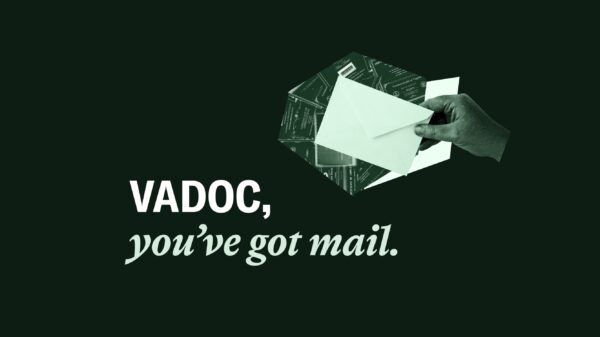The earned sentence credit program sets a high bar: to earn credits towards an earlier release, people who are incarcerated have to follow prison rules, work, educate themselves, and participate in programming that has helped at the federal level to reduce recidivism by 37 percent.
In 2020, the General Assembly passed a law increasing how many credits incarcerated people can earn. But in 2022, the Youngkin administration undermined lawmakers’ plan to incentivize rehabilitation in prison.
The amendment the Youngkin administration inserted into Virginia’s budget yanked the rug out from under hundreds of people and their loved ones just weeks before they had been told they would be released.
Ever since, we’ve been hard at work in every forum available to us – from the General Assembly to the Supreme Court of Virginia – to get incarcerated people’s hard work recognized.
In 2024, the new state budget finally allows the earned sentence credit program to be fully implemented.
People who earned their release should get it – and now, they finally will.


